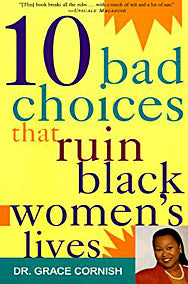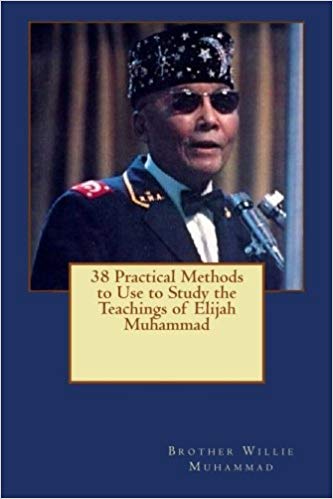
The Algebra of Mohammed Ben Musa (1831)
This historic book may have numerous typos and missing text. Purchasers can download a free scanned copy of the original book (without typos) from the publisher. Not indexed. Not illustrated. 1831 Excerpt: ...capital, equal to three shares and eight twenty-one parts of a share. Complete the capital by adding to eight-ninths as much as one-eighth of the same, and add in the same proportion to the shares. Then you find the capital equal to three shares and forty-five fifty-sixth parts of a share. Calculating now each share equal to fifty-six, the whole capital is two hundred and thirteen, the first legacy thirty-two, the second thirteen, and of the remaining one hundred and sixty-eight each son takes fifty-six.
On another Species of Legacies. "A woman dies, leaving her daughter, her mother, and her husband, and bequeaths to some one as much as the share of her mother, and to another as much as one-ninth of her entire capital." Computation: You begin by dividing the heritage into thirteen parts, two In the former examples (p. 90) when a husband and a mother were among the heirs, a husband was found to be entitled to £=T, and a mother to of the residue. Here a husband is stated to be entitled to-fc, and a mother to of the residue. of which the mother receives.
Now you perceive that the (74) legacies amount to two parts plus one-ninth of the entire capital. Subtracting this, there remains eight-ninths of the capital less two parts, for distribution among the heirs. Complete the capital, by making the eightninths less two parts to be thirteen parts, and adding two parts to it, so that you have fifteen parts, equal to eight-ninths of capital; then add to this oneeighth of the same, and to the fifteen parts add likewise one-eighth of the same, namely, one part and seven-eighths; then you have sixteen parts and seveneighths. The person to whom one-ninth is bequeathed, receives one-ninth of this, namely, one part and seveneighths; the other, to whom as much...




